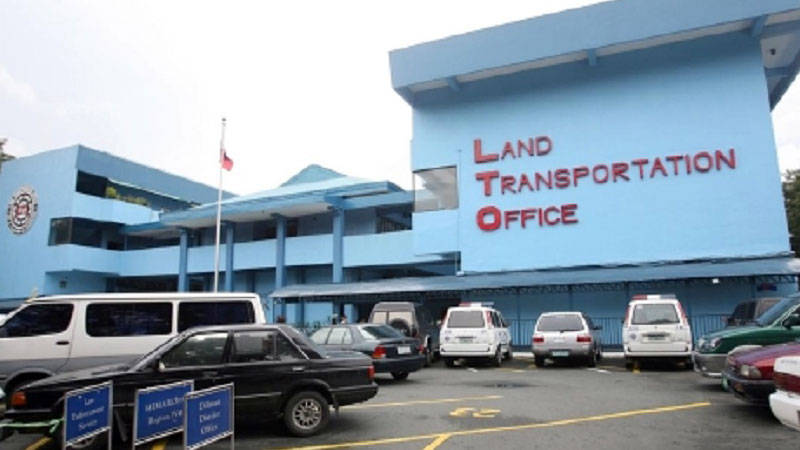A regional trial court has issued an order temporarily halting the bidding of a P3.4-billion contract to develop and implement the crucial IT infrastructure of the Land Transportation
Office after lawyer Salvador Belaro questioned the project, documents seen by the Inquirer showed.
The contract, which could replace the LTO’s existing and controversial IT operator Stradcom Corp., has failed in several bidding proceedings in the past. Its cost has already been reduced from the previous P8.2 billion. Both the change in value and change in project scope using alleged “recycled” government approvals are key aspects being questioned by Belaro.
The 20-day temporary restraining order was issued by the Mandaluyong City regional trial court on April 11 but the Department of Transportation and Communications received the order on April 23, the documents showed.
A person with knowledge of the matter said the 20-day TRO took effect upon receipt by the DOTC. It is uncertain how this would affect the timing of the latest bid deadline for the project set on May 12.
A DOTC spokesman did not immediately respond to a request for comment.
The project, formally known as the DOTC road transportation IT infrastructure project, has drawn at least 22 bidders vying to develop and maintain the LTO’s IT infrastructure from 2013 to 2020.
In its order, the trial court barred Transportation Secretary Joseph Abaya as well as members of the DOTC bids and awards committee from proceeding with the bidding of the LTO IT project.
Belaro, who was identified in the order as a citizen, taxpayer, licensed motorist and motor vehicle owner, noted in his argument that the general appropriations act of 2014 was funding the IT project with a budget allocation of P1.3 billion.
He noted that this was below the 2012 DOTC IT project valued at P8.2 billion, and later in December 2013, the bid invite for the same project valued at P3.4 billion.
The projects were said to be supported by the same approval of the National Economic and Development Authority and by a multiyear obligation authority (MYOA) from the Department of Budget and Management.
Apart from the difference in cost, Belaro noted that certain objectives in the 2012 version of the bid had been abandoned under the 2014 project, making it a “vastly different” contract.


